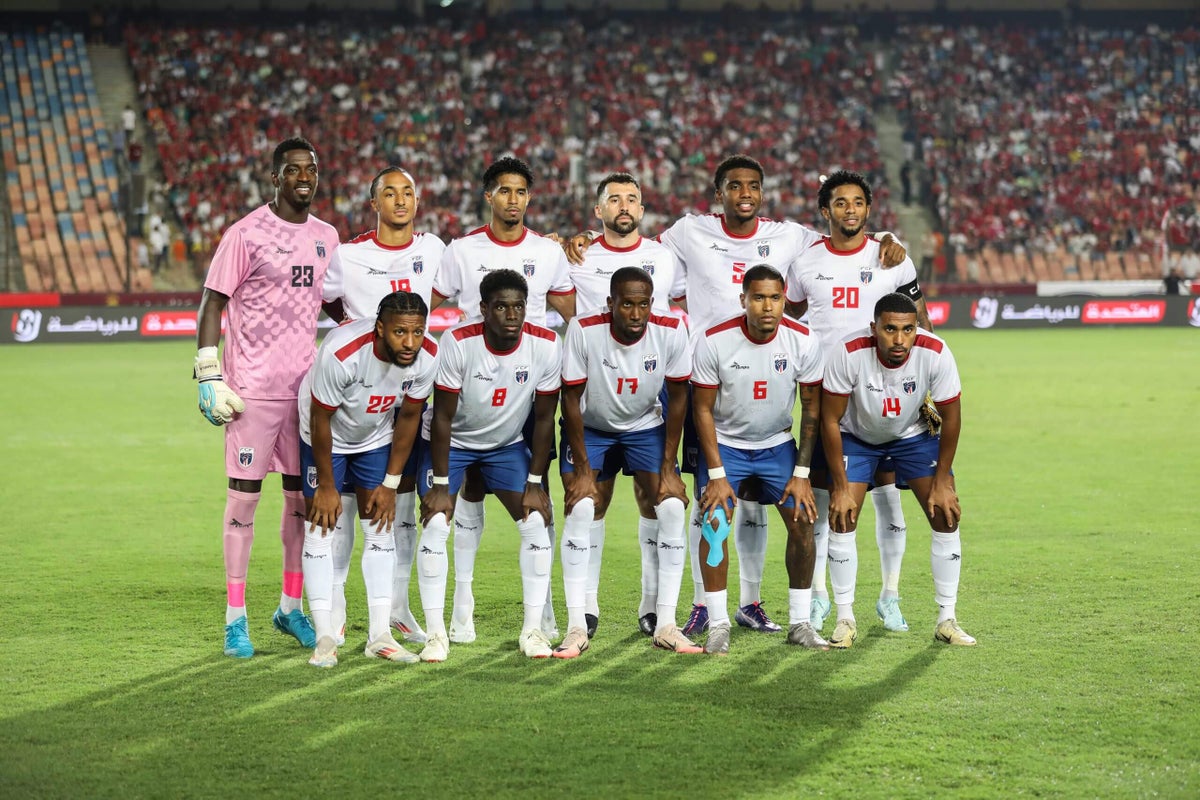Cape Verde have qualified for the men’s World Cup for the first time following Monday’s 3-0 win against Eswatini.
Second-half goals from Dailon Livramento, Willy Semedo and Stopira earned the hosts a comfortable victory at the National Stadium in Praia.
The Island country, home to around 525,000 people, is the second smallest nation ever to qualify for a World Cup finals after Iceland, who participated in the 2018 edition.
Monday’s result ensured Cape Verde finished top of Group D of African qualification, four points ahead of second-place Cameroon, who drew 0-0 at home to Angola on Monday.
Cape Verde missed the chance to qualify last week following an entertaining 3-3 draw with Libya in their penultimate group match.
Their only loss in the group was a 4-1 defeat in Cameroon on matchday three, but Cameroon’s surprise draws in Libya, Eswatini and Angola, coupled with a 1-0 defeat in Cape Verde last month gave the islanders the advantage.
Cameroon are now aiming to be one of the top four of nine group runners-up to secure a play-off spot for the World Cup.
Villarreal defender Logan Costa is the only Cape Verdean currently playing in Europe’s top five leagues, with the national squad comprised of players based in Portugal, Turkey, Cyprus, Israel, Hungary, Bulgaria, Russia, Finland, the Republic of Ireland, Saudi Arabia and the UAE.
Cape Verde captain Ryan Mendes, who plays for Turkish club Kocaelispor, is the nation’s record scorer (21 goals in 85 appearances) while Bebe, formerly of Manchester United, currently play for Spanish third division club Ibiza.
Alongside co-hosts United States, Canada and Mexico, 15 other nations had qualified for next year’s finals ahead of this October international break. Cape Verde are the third first-time qualifiers, following Uzbekistan and Jordan.
Cape Verde have qualified for four of the most recent seven African Cup of Nations tournaments. They reached the quarter-final stage of the 2013 and 2023 editions, although missed out on qualification for the upcoming tournament in Morocco.
The 2026 World Cup will be contested between 48 nations for the first time, an expansion from the 32-team format that ran between 1998 and 2022.
Analysis
By Nick Miller in Praia
The first half was riddled with tension, as Cape Verde created a series of chances but showed the classic signs of a team that had reached the edge of something exhilarating but found taking that final step tricky.
All of that disappeared in a few minutes at the start of the second half. Livramento and Semedo’s goals washed all the nerves away. Stopira, the grand old man of Cape Verdean football at 37, scoring the third, just capped off an astonishing day perfectly.
It’s hard to overstate how incredible this is for Cape Verde, a collection of ten small islands off the west of mainland Africa. The closest they have come to reaching the World Cup before was losing the intercontinental playoffs to Uruguay in 2014, but even then they barely stood a chance. Now, they have qualified when some of the giants of their continent – Cameroon, Nigeria – might not be there next summer.
It’s an astonishing achievement, and not one that has come about by accident: they have recruited shrewdly from the Cape Verdean diaspora, and under experienced head coach Bubista have developed into a team that could genuinely cause some established powers some problems in the USA, Mexico and Canada next summer.

